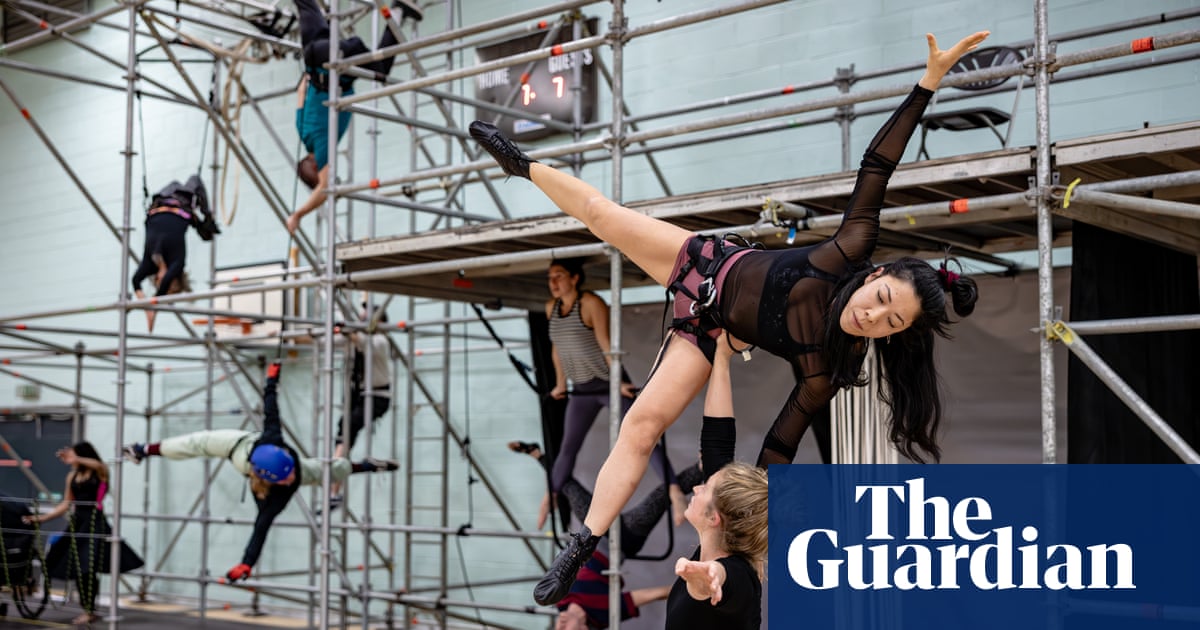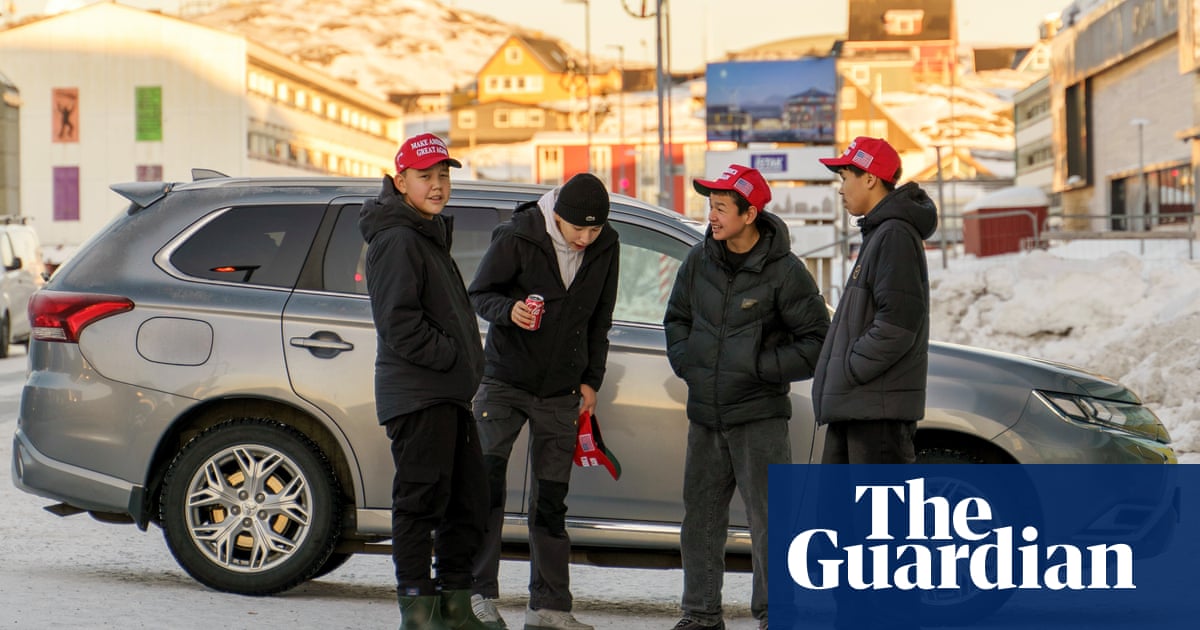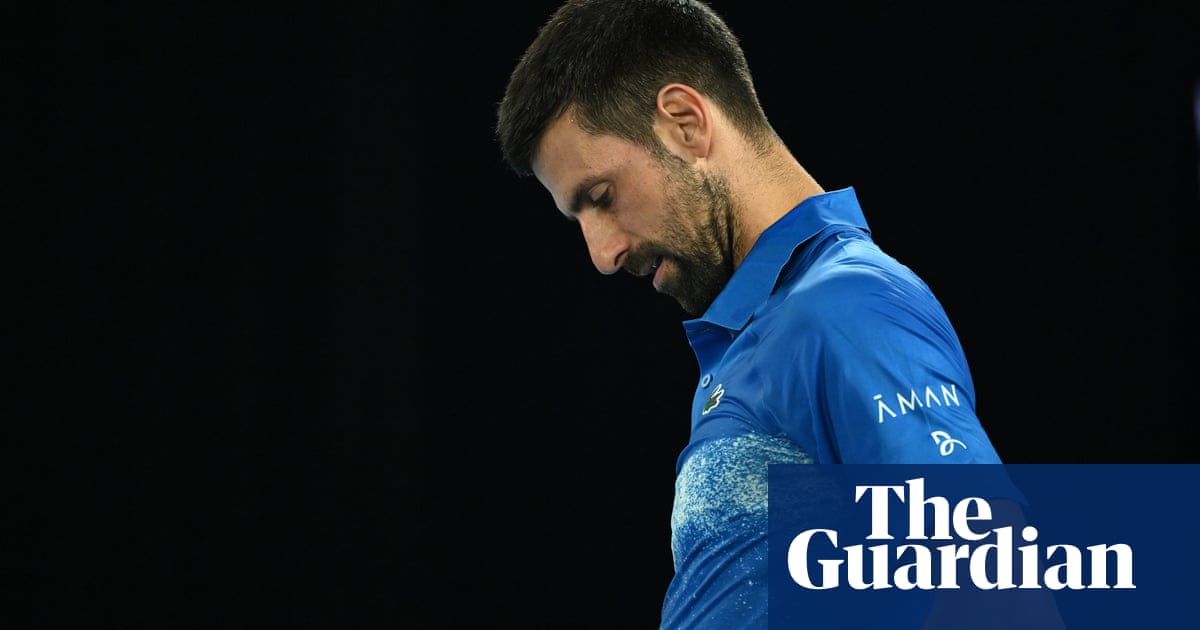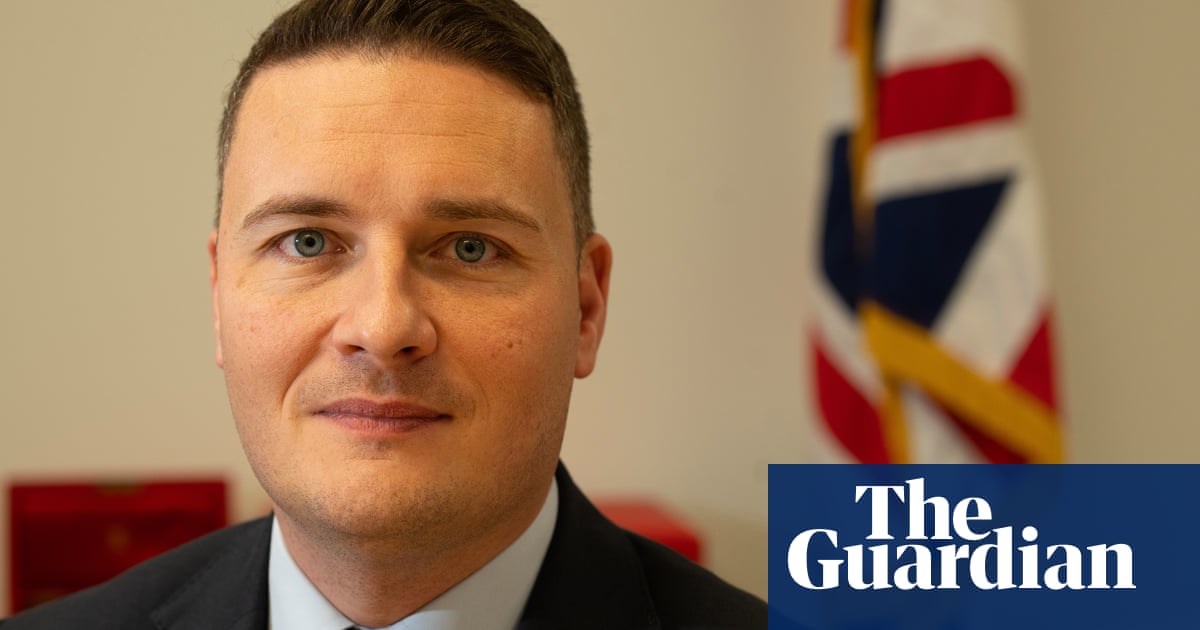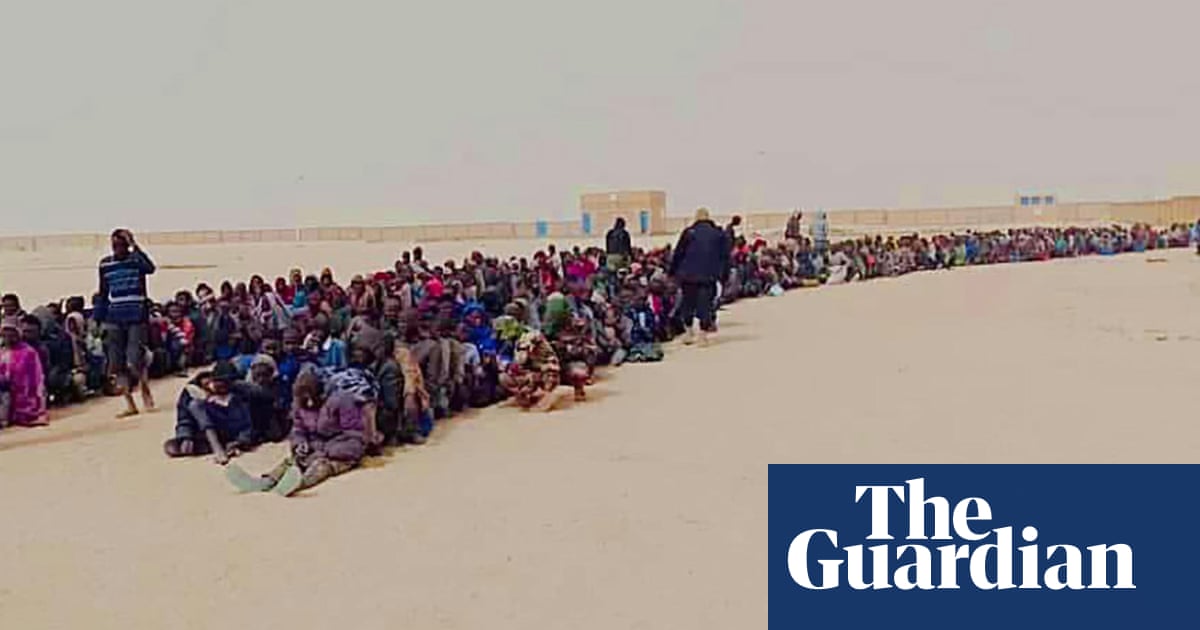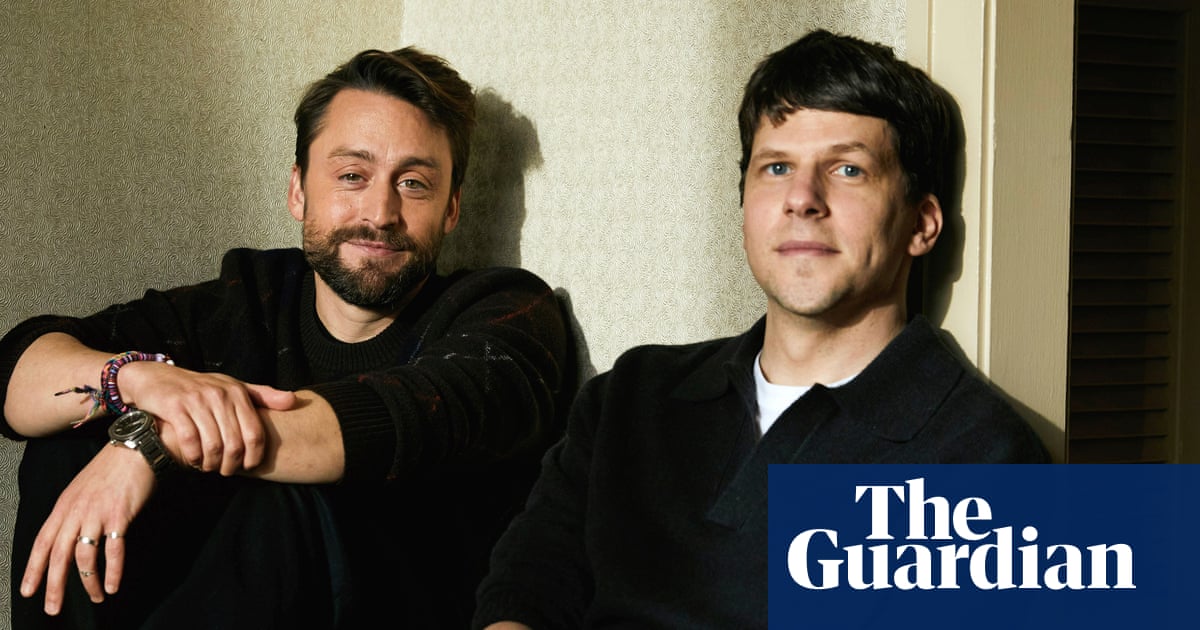Last summer I began receiving messages about the disappearance of 26-year-old Victoria Roshchyna, a young Ukrainian journalist, who had gone missing while reporting from occupied east Ukraine.
Since we began our Women Press Freedom project, I and my colleagues at the Coalition for Women in Journalism have received a lot of messages of concern about the safety of female journalists all over the world, but I vividly remember the pain and terror that peppered the SOS calls from Roshchyna’s friends and colleagues.
We immediately activated our networks and began searching for information about what might have happened to her. For eight months we heard nothing. When we finally learned that she was in Russian detention, our first thought was “at least she is alive”. Yet in the months that followed, those fighting for her release were denied any access to her or any information about where she was being held and in what conditions. Even though we knew she was still with us, it was as if she had disappeared into an abyss.
The next news we heard about Roshchyna was an announcement by officials in Kyiv that she had died in Russian detention, reportedly while being transferred to Moscow from a prison in Taganrog as part of a prisoner swap. Since then, Russia’s apparent refusal to hand over her body to Ukrainian authorities has hampered any kind of investigation into how or why this happened, leaving her family with no answers about what ended the life of this young woman.
Roshchyna is the ninth female journalist to die as a result of doing their job since Russia invaded in February 2022, victims of what we consider a campaign of violence and intimidation perpetrated on women covering the war in Ukraine.
This war on female journalists is also apparent in our monitoring of ongoing arrests and abductions by the Russian state.
In the past five years, aside from Roshchyna, we have documented 64 cases of female journalists being detained by Russia, either within the country or in occupied territories. Since 2022, 11 have been abducted, many of them from their homes.
Russia is also one of the top culprits in a growing trend of transnational repression of journalists, targeting women in foreign states in eight of 71 incidents recorded across 21 countries. We have observed that Russia keeps a tab on journalists’ whereabouts, not only within its borders but also across Europe and other parts of the world. We know of three women in exile in Europe who were targeted in suspected poisonings.
Through our work trying to secure the freedom of female journalists in Russian detention, we have heard reports of the brutal conditions that they or their lawyers say they are facing behind bars, including beatings and torture.
One woman we have been trying to help free is a Crimean citizen journalist, Irinia Danilovich, who was abducted from the Russian-occupied territory in 2022 while investigating corruption in the healthcare system. Danilovich suffered hearing loss and acute ear pain in detention but did not receive the medical care she needed and was not well enough to attend her own court hearing. In late September we collaborated with Zmina, a Ukraine-based organisation, to raise awareness about Danilovich’s case, and have urged the international community to join us in forcing Russia to drop charges against her and release her immediately.
It should be a well understood fact for all governments, whether Russia or any other violators, that the safety and wellbeing of a journalist arrested or detained is the responsibility of the state or authorities who take them into custody. These journalists are witnesses on behalf of the public that these states claim to be governing.
Making Russia, or other violators, accountable will not be possible without a dedicated effort by international bodies to push against impunity.
In the past few years we have witnessed an increasing number of female journalists in other countries such as Iran, China and Turkey being put behind bars under bogus charges and being denied access to lawyers and medical care. The nightmarish treatment they receive in detention includes torture and physical and sexual assault.
International human rights bodies and democratic governments need to urgently unite to protect journalists beyond verbal condemnation and warnings. There must be zero tolerance for journalists facing arbitrary arrest, especially amid ongoing conflicts.
Roshchyna had a life and career ahead of her that could have illuminated the dark acts that are being committed in our world. Such light must be protected or we will all pay the price.
-
Kiran Nazish is the director and founder of the Coalition for Women in Journalism and Women Press Freedom

.png) 2 months ago
18
2 months ago
18


